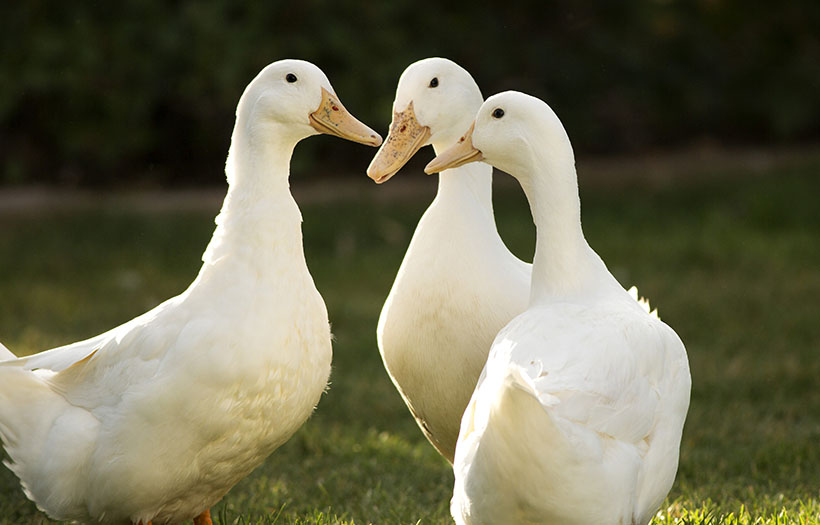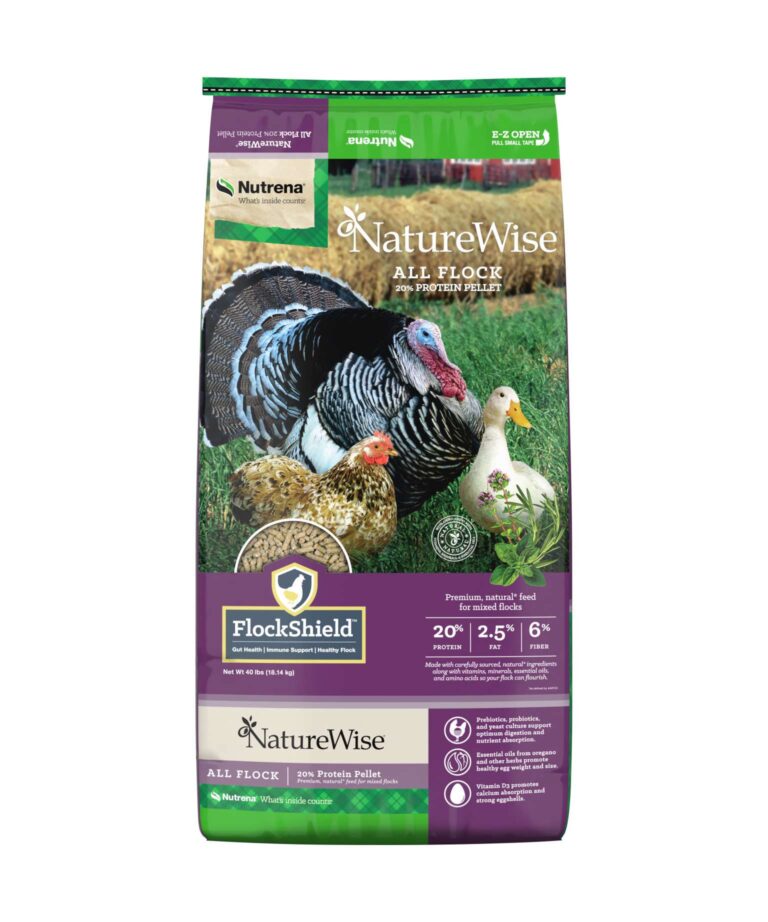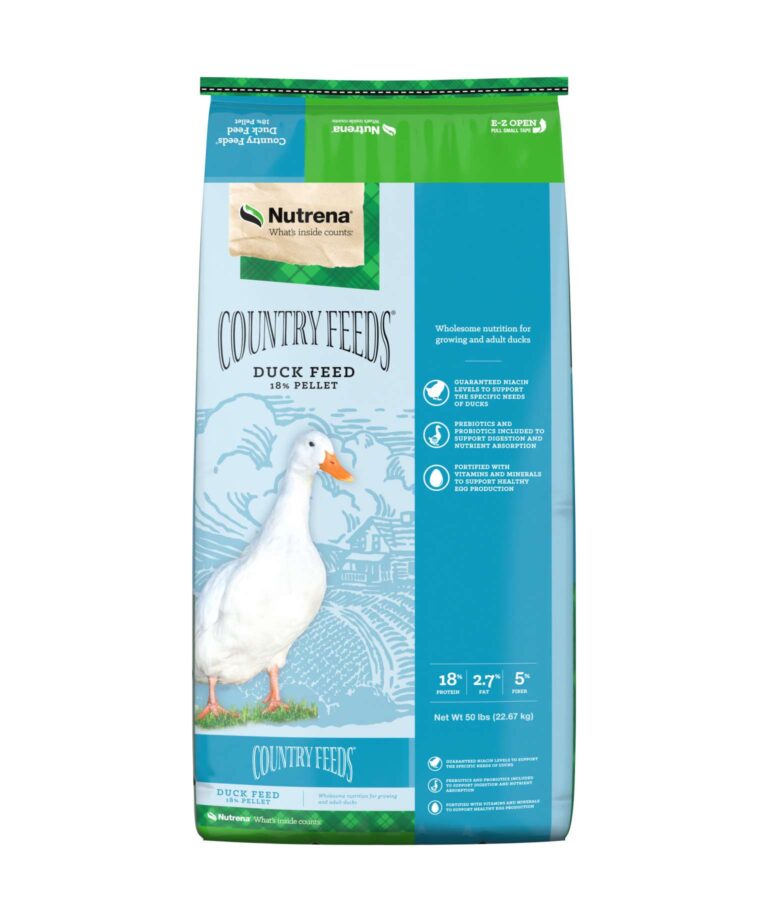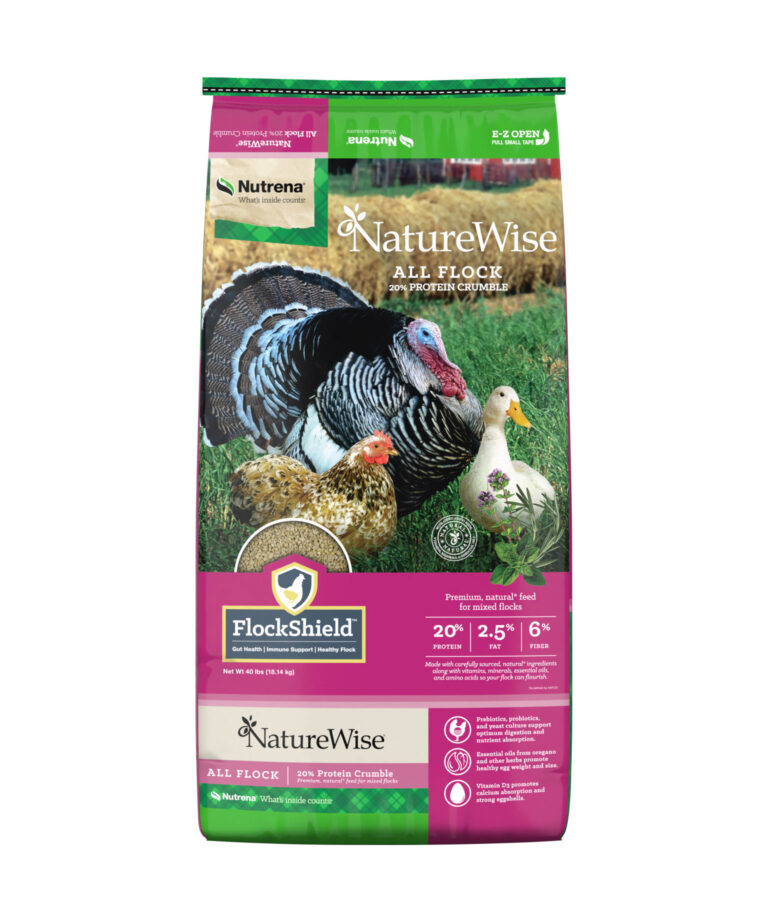Ducks: Special Dietary Needs

What do ducks need in their diet that chickens don’t? While ducks and chickens share many nutritional similarities, ducks have unique dietary requirements that are essential for their health and development. From higher niacin levels to specific protein sources and pellet sizes, understanding these differences can help you choose the right feed and avoid common health issues like leg deformities or angel wing. This guide breaks down the key nutrients ducks need and how to meet them with a balanced, species-specific diet.
Table of Contents
Key Takeaways
- Ducks have specific dietary needs, differing from chickens, and benefit from feed tailored to them.
- Key nutrients for ducks include higher niacin levels, about 18% protein, and balanced vitamins and minerals.
- Avoid excess calcium and provide prebiotics and probiotics for digestive health.
- Choose high-quality, mold-free feed, and consider small, hard pellets for easy eating and less mess.
- Country Feeds Duck Feed offers a complete diet, ensuring ducks receive necessary nutrients for optimal health.
Duck vs. Chicken Feed: What Your Waterfowl Really Need to Stay Healthy
Chickens and ducks have similar dietary needs, with some important differences. Free-ranging ducks may be able to eat a multi-poultry diet, but they will do better on a feed formulated to meet their specific nutritional requirements.
- Niacin: Ducks need higher levels of this vitamin than chickens. Too little can result in leg deformities.
- Protein: Ducks are omnivores, meaning they eat both animal and plant matter. A diet for ducks should be about 18% protein, some of which should come from animal sources.
- Calcium: Compared to chickens, ducks need less calcium. Too much can be harmful.
- Balanced diet: Laying ducks need certain vitamins and minerals to stay healthy. Also, an imbalanced diet can cause a condition called angel wing, which causes the flight feathers to twist upwards.
- Prebiotics and probiotics: These elements are important to the health of both the digestive and immune systems.
- Quality feed: Ducks are sensitive to mold toxins (mycotoxins) in their feed. To prevent mold growth after purchase, store your feed in a cool, dry location.
- Hard, small pellet: Ducks love to dabble, or dip their food in water while eating. Smaller pellets are easier for them to swallow than large pellets. Harder pellets hold together in water, which means less mess in their drinking water!
Award-Winning Waterfowl Nutrition: James Konecny’s Proven Feeding Strategy
James Konecny of Royal Oaks Farm and owner of Lake Barrington Feed and Supply near Chicago breeds award-winning waterfowl by following these requirements in his feeding strategy.
“For my waterfowl, I choose feeds that include animal protein from manufacturers that take measures to ensure low mycotoxin levels. I highly recommended hard mini-pellets over crumbles or mash; you’ll see less waste and improved digestion.” – James Konecney
Why Ducks Deserve Their Own Feed: The Benefits of Country Feeds Duck Formula
You can give ducks a multi-purpose poultry feed, but why not choose a feed formulated especially for them? Country Feeds Duck Feed is a complete, wholesome, balanced diet with the following important elements:
- A guaranteed minimum amount of niacin
- Prebiotics and probiotics to support digestion and immunity
- Vitamins and minerals for healthy egg production
- Small, hard pellets that are perfect for dabbling
Help your ducks live their best lives with their own specially formulated diet: Country Feeds Duck Feed!



